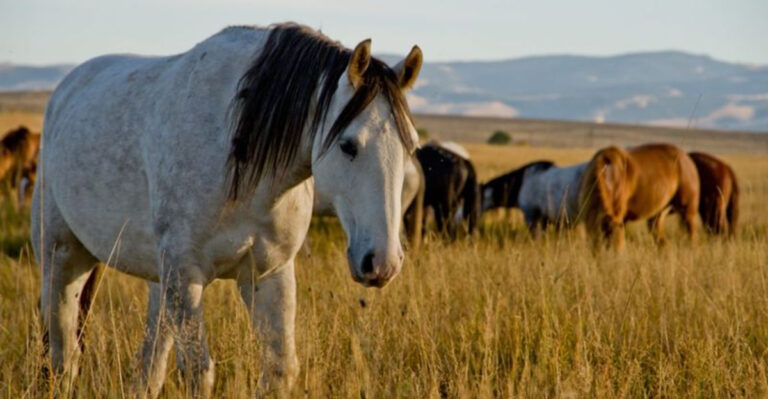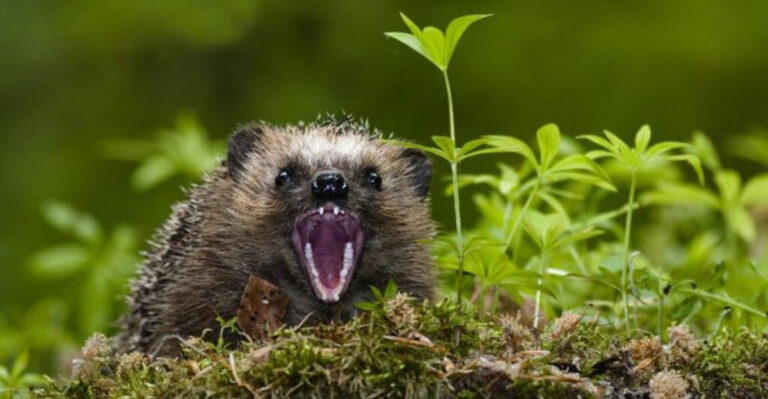8 Dog Breeds Known For Biting, And 7 That Are All Bark And Zero Bite

When choosing a dog for your family, temperament matters just as much as those adorable puppy eyes.
Some breeds have earned reputations as biters due to their protective instincts, while others make a lot of noise but rarely follow through with their threats.
1. German Shepherds
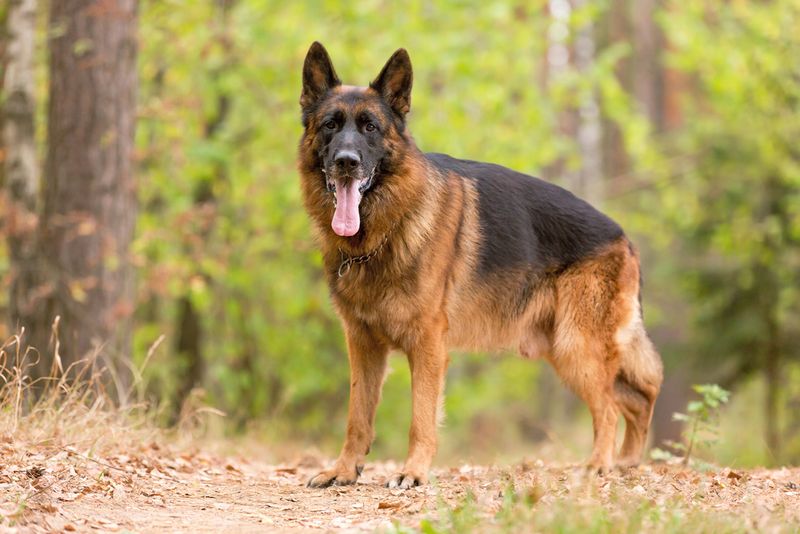
German Shepherds rank consistently high in bite statistics across America. Their intelligence and protective nature make them excellent police and military dogs, but these same qualities can lead to aggression when they feel their family is threatened.
Early socialization is absolutely crucial with this breed. Without proper training, their natural suspicion of strangers can escalate into dangerous situations. Despite these risks, they remain one of America’s most popular breeds.
2. Pit Bulls
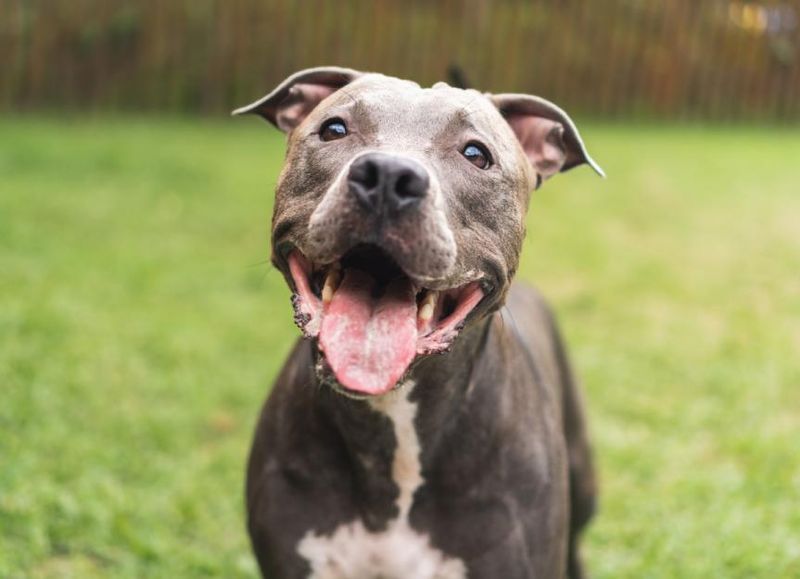
Pit Bulls often make headlines for severe biting incidents. Their powerful jaws can cause significant damage when they do attack. Many cities have even enacted breed-specific legislation targeting these dogs.
What many don’t realize is that human breeding practices have emphasized aggression in some lines. When raised with consistency and positive reinforcement, many Pit Bulls show remarkable gentleness. Unfortunately, their strength means that when bites occur, they’re rarely minor.
3. Chihuahuas

Don’t let their small size fool you! Chihuahuas actually bite more frequently than many larger breeds. Their Napoleon complex often leads to aggressive behavior when they feel intimidated.
Many owners fail to train these pocket-sized pups properly, dismissing nipping as “cute” because it causes less damage than larger dogs. This lack of boundary-setting creates entitled little biters. Proper socialization and training are just as important for these pint-sized pooches as for any large breed.
4. Rottweilers
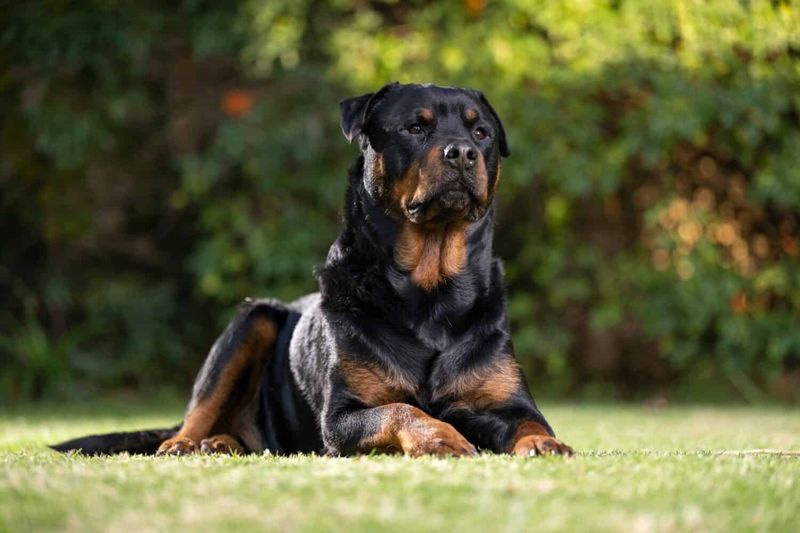
Rottweilers consistently rank among the top breeds for serious bite injuries. Their powerful jaws can exert tremendous force, making their bites particularly dangerous. Originally bred as cattle drovers and guardians, protection instincts run deep in their DNA.
Without proper training, these intelligent dogs can become overprotective and territorial. Their imposing size means even play bites can cause injury. With the right owner who establishes clear leadership, Rottweilers can be wonderful family pets.
5. Dachshunds
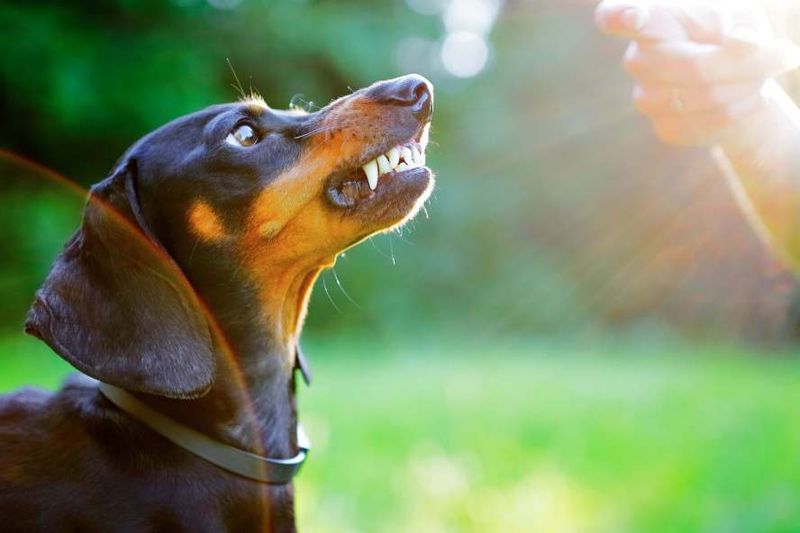
Surprisingly, these little sausage dogs rank high in bite statistics! Bred to hunt badgers underground, Dachshunds have retained their tenacious, sometimes aggressive nature through generations of selective breeding.
Their long bodies and short legs can make them physically vulnerable, which may contribute to defensive biting when they feel threatened. Many owners underestimate their training needs because of their cute appearance. Proper socialization from puppyhood helps manage their natural tendency toward suspicion.
6. Jack Russell Terriers

Jack Russells pack a surprising punch in their small frames. Bred for fox hunting, they possess intense prey drive and fearlessness that can translate to nipping and biting behaviors, especially with children who move quickly or make high-pitched sounds.
Their intelligence demands mental stimulation. Without proper outlets for their boundless energy, they often develop problematic behaviors including biting. Despite their cute appearance in movies and television, these working terriers require experienced owners who understand their needs.
7. Akitas
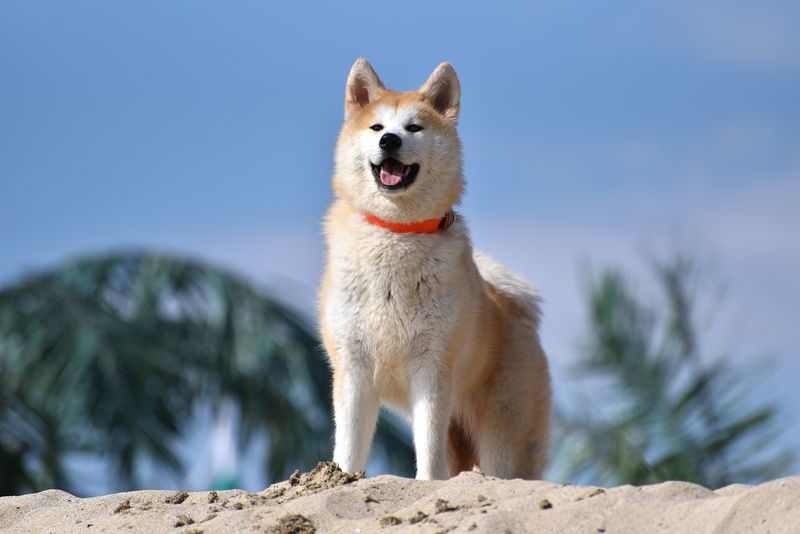
Originally bred as hunting and guard dogs in Japan, Akitas possess powerful protective instincts that can lead to serious biting incidents. Their natural suspicion of strangers makes early socialization absolutely essential.
Akitas tend to be quiet and reserved until provoked, making their attacks sometimes unexpected. Their thick double coat and muscular build can make them appear larger than life. While deeply loyal to their families, their guarding heritage means they require owners who understand canine behavior.
8. Doberman Pinschers
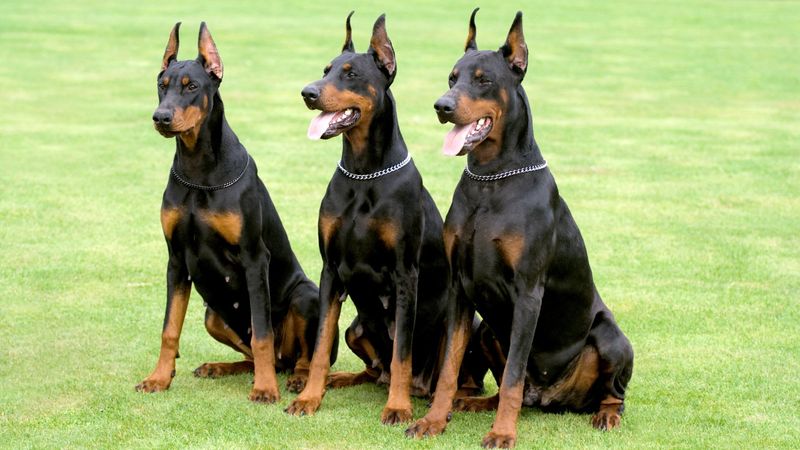
Developed specifically as protection dogs, Dobermans have a bite that matches their intimidating appearance. Their intelligence allows them to assess threats accurately, but this same quality means they can become dangerous without proper training and socialization.
Dobermans form intense bonds with their owners, sometimes leading to overprotectiveness. Their sleek, muscular bodies house surprising strength. When properly trained, they show remarkable restraint, but their history as guard dogs means biting remains in their behavioral toolkit.
9. Golden Retrievers
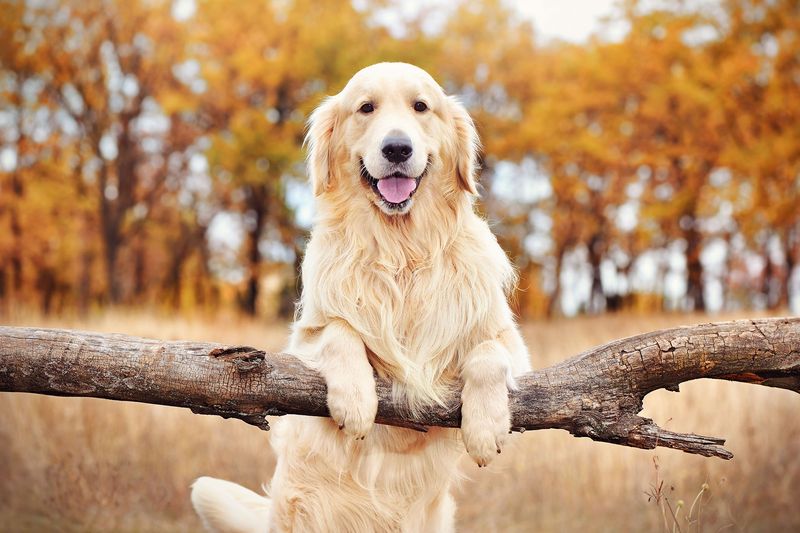
Golden Retrievers consistently rank among the least likely dogs to bite humans. Their legendary friendly temperament makes them excellent family pets. Originally bred to retrieve game birds without damaging them, they naturally have “soft mouths.”
Their patience with children is remarkable, often tolerating ear-pulling and rough handling that would trigger biting in other breeds. Goldens seem to possess an innate understanding of human emotions. Their desire to please their owners typically overrides any aggressive tendencies.
10. Newfoundlands
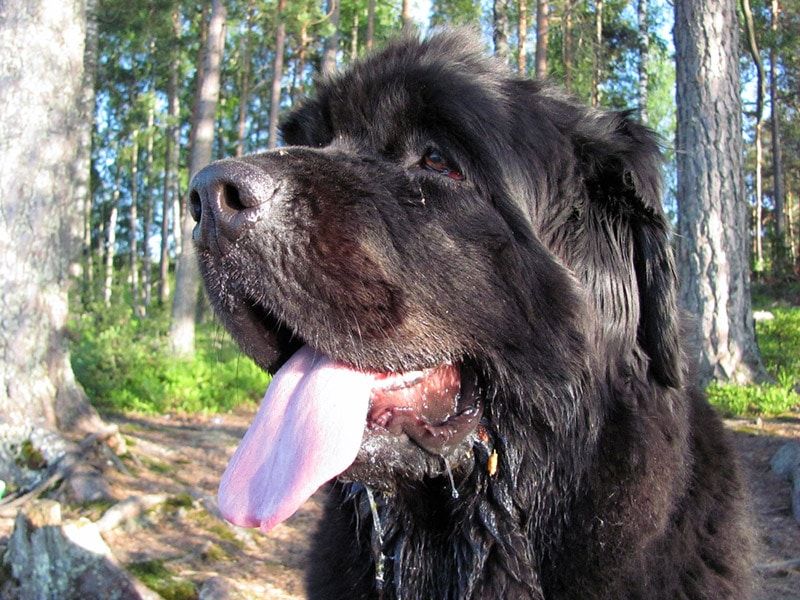
Famous for their water rescue abilities, Newfoundlands possess an extraordinarily gentle temperament despite their massive size. These dogs have been nicknamed “nanny dogs” for their protective yet gentle nature with children.
Their patient demeanor makes them unlikely to bite even when provoked. Historically, they worked alongside fishermen, requiring a calm disposition in chaotic situations. Newfoundlands demonstrate remarkable restraint, preferring to place themselves between perceived threats and their families rather than attacking.
11. Cavalier King Charles Spaniels

Cavaliers were bred specifically as companion animals for nobility, with any aggressive tendencies systematically eliminated through selective breeding. Their sweet expression matches their temperament perfectly.
These elegant little dogs rarely display aggression even when uncomfortable. Instead, they typically retreat from stressful situations rather than becoming defensive. Their adaptable nature makes them excellent therapy dogs. Cavaliers consistently rank among the breeds least likely to bite humans.
12. Bernese Mountain Dogs

Bernese Mountain Dogs combine impressive size with remarkably gentle temperaments. Despite their history as farm working dogs, they show almost no tendency toward biting humans, even under stress.
Their patient nature makes them excellent companions for children. Berners typically respond to unwanted attention by moving away rather than becoming aggressive. Their calm demeanor in chaotic situations reflects their heritage working alongside farmers in the Swiss Alps, where stability was valued above reactivity.
13. Basset Hounds

Basset Hounds approach life with a relaxed attitude that makes biting extremely rare. Their droopy expression reflects their mellow personality perfectly. Originally bred for hunting in packs, they typically get along well with other dogs and humans alike.
Their low energy level contributes to their peaceful nature. When annoyed, Bassets are more likely to howl melodramatically than snap. Their stubborn streak rarely translates to aggression. These dogs prefer solving problems by looking pitiful rather than becoming confrontational.
14. Beagles

Beagles may be vocal with their distinctive baying, but they rarely back up the noise with bites. Their friendly, curious nature makes them more likely to lick a stranger than show aggression. Originally pack hunters, they were bred to work cooperatively rather than aggressively.
Their expressive faces communicate their feelings clearly, typically showing excitement rather than threat. Beagles channel their energy into tracking scents and exploring. Their food motivation makes them easy to train positively, further reducing any tendency toward defensive biting.
15. Pugs

Pugs were developed specifically as companion animals for Chinese royalty, with any aggressive tendencies deliberately bred out. Their wrinkled faces seem permanently set in expressions of comical concern rather than threat.
Their social nature makes them seek human attention rather than avoid it. Pugs typically respond to discomfort by snorting dramatically or prancing away. Their centuries-long history as lap dogs has created a breed that relies on charm rather than intimidation, making biting extremely rare.





